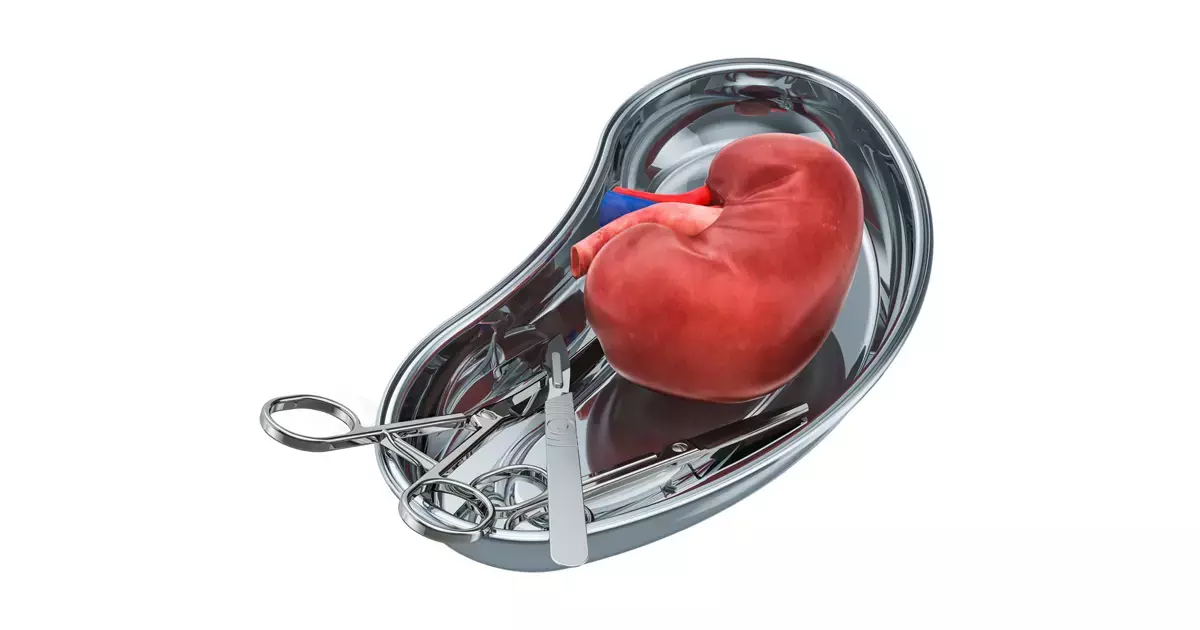- Home
- Medical news & Guidelines
- Anesthesiology
- Cardiology and CTVS
- Critical Care
- Dentistry
- Dermatology
- Diabetes and Endocrinology
- ENT
- Gastroenterology
- Medicine
- Nephrology
- Neurology
- Obstretics-Gynaecology
- Oncology
- Ophthalmology
- Orthopaedics
- Pediatrics-Neonatology
- Psychiatry
- Pulmonology
- Radiology
- Surgery
- Urology
- Laboratory Medicine
- Diet
- Nursing
- Paramedical
- Physiotherapy
- Health news
- Fact Check
- Bone Health Fact Check
- Brain Health Fact Check
- Cancer Related Fact Check
- Child Care Fact Check
- Dental and oral health fact check
- Diabetes and metabolic health fact check
- Diet and Nutrition Fact Check
- Eye and ENT Care Fact Check
- Fitness fact check
- Gut health fact check
- Heart health fact check
- Kidney health fact check
- Medical education fact check
- Men's health fact check
- Respiratory fact check
- Skin and hair care fact check
- Vaccine and Immunization fact check
- Women's health fact check
- AYUSH
- State News
- Andaman and Nicobar Islands
- Andhra Pradesh
- Arunachal Pradesh
- Assam
- Bihar
- Chandigarh
- Chattisgarh
- Dadra and Nagar Haveli
- Daman and Diu
- Delhi
- Goa
- Gujarat
- Haryana
- Himachal Pradesh
- Jammu & Kashmir
- Jharkhand
- Karnataka
- Kerala
- Ladakh
- Lakshadweep
- Madhya Pradesh
- Maharashtra
- Manipur
- Meghalaya
- Mizoram
- Nagaland
- Odisha
- Puducherry
- Punjab
- Rajasthan
- Sikkim
- Tamil Nadu
- Telangana
- Tripura
- Uttar Pradesh
- Uttrakhand
- West Bengal
- Medical Education
- Industry
In kidney transplant patients with COVID-19, withdrawal of immunosuppressants safe

Immunosuppressed patients such as kidney transplant recipients (KTs), have increased mortality risk in the setting of coronavirus disease 2019 (COVID-19). A recent study suggests that minimization of immunosuppressants in KTs hospitalized patients due to COVID-19 could be safe. The study findings were published in the Clinical Kidney Journal on January 28, 2021.
Immunosuppressed patients, in particular solid-organ transplant recipients (SOTs), have an increased risk of viral and bacterial infections as a consequence of diminished T cell immunity. Despite the overwhelming number of current publications on COVID-19 and kidney transplantation, there is scarce information on the evolution of alloimmune humoral response after reduction of immunosuppression in KTs hospitalized due to SARS-CoV-2 infection. So far, no data on the evolution of kidney graft function in COVID-19 survivors have been reported. Therefore, researchers of Spain conducted a study, to evaluate the impact of immunosuppression reduction/withdrawal during the course of COVID-19 on kidney graft function and to assess the influence of immunosuppression reduction/withdrawal on the possible appearance of de novo donor-specific antibodies (DSA) or changes in calculated panel reactive antibodies (cPRA).
Researchers reported the follow-up data of a cohort of 47 KTs admitted at two Spanish Kidney Transplant Units who survived COVID-19. They evaluated the impact of the management of immunosuppression during COVID-19on graft function and immunologic events. They assessed the outcomes of 47transplant recipients for 3months after hospital discharge for COVID-19 (median time from kidney transplantation to COVID-19 diagnosis was 109months). They further noted 8.5%of the study population had known donor-specific antibodies before admission and12.7% had a history of rejection episodes.
Key findings of the study were:
• The authors mentioned that at least one immunosuppressive agent was withdrawn, in 83% of patients with antimetabolites being the most frequent. They also noted that the steroids were not stopped and the dose was even increased in 15%of patients, as part of the treatment of COVID-19.
• After immunosuppressive drugs were suspended during a median time of 17 days, they observed no rejection episodes or de novo donor-specific antibodies for up to 3 months after discharge.
• They also found no significant changes occurred in calculated panel reactive antibodies.
• They reported that acute graft dysfunction was common (55%)and the severity was related to tacrolimus trough levels, which were higher in patients receiving antivirals.
• All patients recovered baseline kidney function by the end of follow-up.
The authors concluded, "our study has found that temporary withdrawal of immunosuppressive treatments in KTs with COVID-19 appears to be safe, since no patients experienced rejection episodes or developed de novo DSA. Additionally, most of AKI events in our cohort were probably due to CNI nephrotoxicity rather than directly associated to COVID-19."
For further information:
https://academic.oup.com/ckj/advance-article/doi/10.1093/ckj/sfab025/6123741
Dr Kartikeya Kohli is an Internal Medicine Consultant at Sitaram Bhartia Hospital in Delhi with super speciality training in Nephrology. He has worked with various eminent hospitals like Indraprastha Apollo Hospital, Sir Gangaram Hospital. He holds an MBBS from Kasturba Medical College Manipal, DNB Internal Medicine, Post Graduate Diploma in Clinical Research and Business Development, Fellow DNB Nephrology, MRCP and ECFMG Certification. He has been closely associated with India Medical Association South Delhi Branch and Delhi Medical Association and has been organising continuing medical education programs on their behalf from time to time. Further he has been contributing medical articles for their newsletters as well. He is also associated with electronic media and TV for conduction and presentation of health programs. He has been associated with Medical Dialogues for last 3 years and contributing articles on regular basis.
Dr Kamal Kant Kohli-MBBS, DTCD- a chest specialist with more than 30 years of practice and a flair for writing clinical articles, Dr Kamal Kant Kohli joined Medical Dialogues as a Chief Editor of Medical News. Besides writing articles, as an editor, he proofreads and verifies all the medical content published on Medical Dialogues including those coming from journals, studies,medical conferences,guidelines etc. Email: drkohli@medicaldialogues.in. Contact no. 011-43720751


